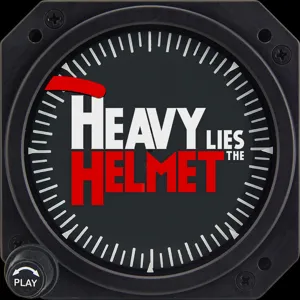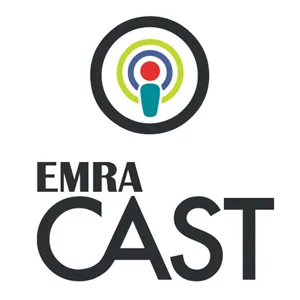Episode 108 - 10 Things Your PEM Physician Wants You to Know w/Dr. Dominique Diggs

Pediatric Emergency Medicine (PEM) is a sub-speciality that many clinicians find intimidating. Are pediatric patients truly unique or are they simply "little adults"? In this podcast episode, we are joined by Dr. Dominique Diggs, board certified PEM physician, to demystify pediatric emergency care with 10 tips that will help you the next time you care for this patient population.
Get CE hours for our podcast episodes HERE!
--------------------------------------------
Twitter @heavyhelmet
Facebook @heavyliesthehelmet
Instagram @heavyliesthehelmet
Website heavyliesthehelmet.com
Email contact@heavyliesthehelmet.com
Disclaimer: The views, information, or opinions expressed on the Heavy Lies the Helmet podcast are solely those of the individuals involved and do not necessarily represent those of their employers and their employees. Heavy Lies the Helmet, LLC is not responsible for the accuracy of any information available for listening on this platform. The primary purpose of this series is to educate and inform, but it is not a substitute for your local laws, medical direction, or sound judgment.
--------------------------------------------
Crystals VIP by From The Dust | https://soundcloud.com/ftdmusic
Music promoted by https://www.free-stock-music.com







